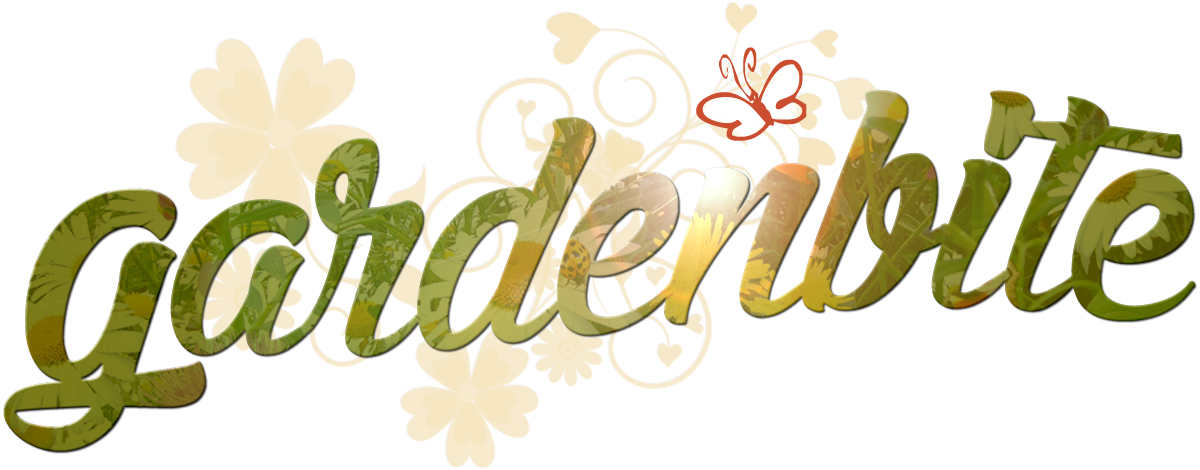Click below to listen to my 2 min. Garden Bite radio show: Wasps are back! Good or bad?
Wasps, the bane of the summer time picnic and those nests! Ugh, don’t get me started.
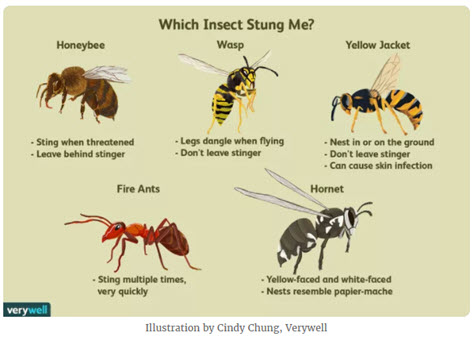
BUT, and it’s a big BUT, they’re good for our ecosystem. Dang it! I mean, that’s good, but their sting is not fun. However, they don’t really want to sting you but they’re not all that pleased with you either. How to treat a wasp sting.
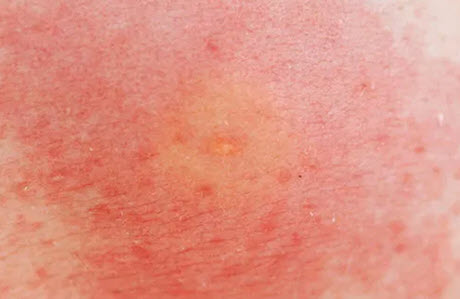
Wasps build honeycomb nests under the eaves of a house, or in a tree, shrub or under patio furniture. They tend to be less aggressive than yellow jackets and hornets, and mostly feed on insects and flower nectar.
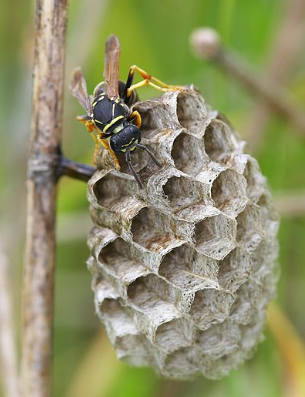
Wasps include more than just yellowjackets and hornets. Like bees, some wasps are social and live in colonies, while others are solitary. There are approximately 103,000 species of wasps in the world. Only 1,000 of these are social, while the others are either solitary or parasitoids. These wasps help the world’s ecosystems function, as wasps pollinate flowers, control pests, spread seeds and help decompose carcasses.
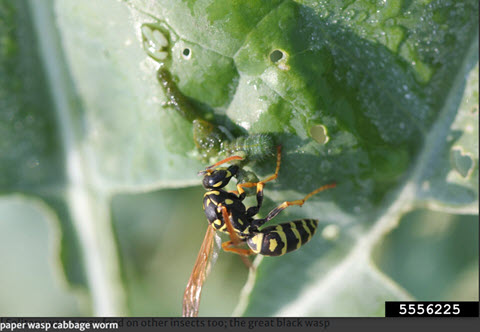
Some wasps are even eaten as a delicacy. I’ll pass! Click on that link at your own risk!
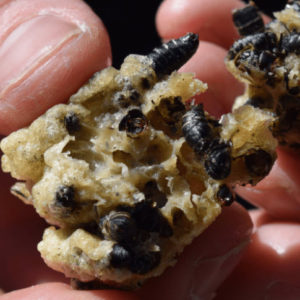
As we learn more about bees and how useful they are, it is only fair that we give some love to their often misunderstood, but equally helpful, relatives, wasps.
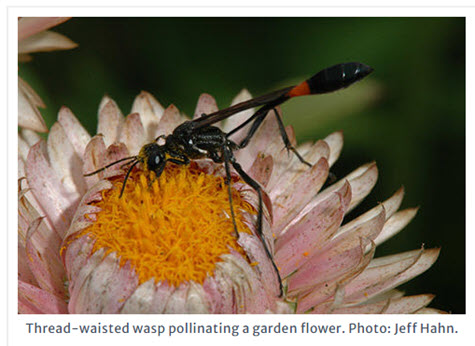
Social wasps, like yellowjackets and hornets, feed on a wide variety of insects such as flies, caterpillars and beetles. A parasitoid wasp has a specialized life-cycle. They target another species of insect and lay their eggs inside of them. A bonus is that they are small and solitary, which means they aren’t defensive of a colony, do not sting humans, and aren’t usually noticed by people. Tree parasitoid wasp species have been released in Minnesota to try to control Emerald Ash Borer.
Here is a lot more information on wasps from the University of Minnesota.
So, bottom line, consider leaving them bee, pun intended.
